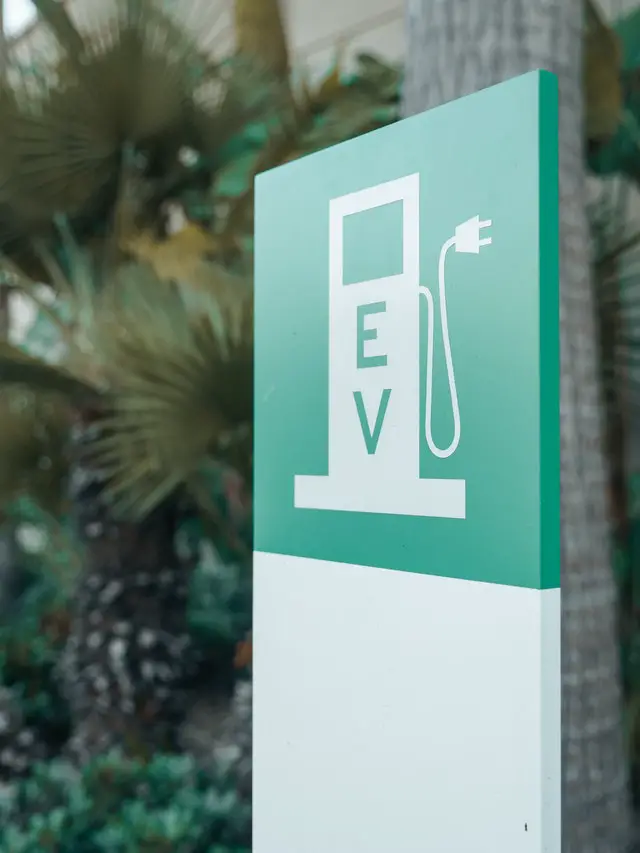Location data is a key component of the EV charging process. The use of location data to support EV charging points or electric vehicle chargers is a key part of the shift to a zero-emission transport sector. Location data helps inform decision-making about where chargers are needed and how they are used.
It supports the installation, operation, and management of EV charging points by providing information on the location of charge points and their availability.
The use of location data in this way is expected to grow significantly over the coming years as electric vehicles become more popular.

The United Kingdom (UK) is committed to switching to electric vehicles (EV) in order to meet aggressive net-zero ambitions. Local governments will be critical in facilitating this transformation.
As a response, the Geospatial Commission (UK) has begun a discovery project to examine how to utilize location data to support EV charging points or stations. Through this project, the Geospatial Commission will understand the challenges faced by local authorities who wish to exploit location data. By working together, we will be able to unlock the potential for data-driven innovation in transport.
This project will reinforce the government’s vision of the Electric Vehicle Infrastructure Strategy, released by the Department of Transport, which focuses on facilitating the implementation of a viable EV charging infrastructure network by 2030. The Strategy, which lays out a vision and approach for EV infrastructure roll-out as well as key stakeholders’ expectations, recognizes that removing obstacles to data exchange will be critical to enabling decision making.
Also, read – Britain Seeks Alternative for Satellite Navigation
The Geospatial Commission discovery project involves workshops with ten local governments to identify issues and potential for improved use of location data in the deployment of EV charging infrastructure. Frazer-Nash Consultancy, a technical consultancy, will take on this project.











